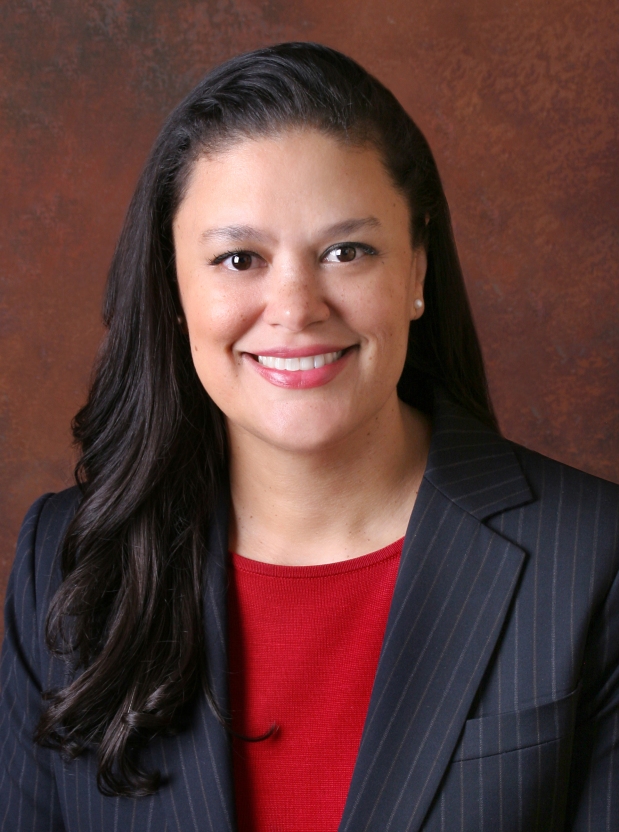I just wrote about Glenn Delk’s response to APS Superintendent Meria Carstarphen’s blog about working to prevent her 26 schools eligible for the Governor’s Opportunity School District from being taken over.
Real motivation over APS hiring OSD policy creator
I want everyone to understand that we are developing an aggressive and targeted course of action for school improvement. If we can achieve that, state intervention will be unnecessary. The Board and I share in the belief that that ensuring all students have access to quality education and maintaining local control of education is critical to the health and well-being of Atlanta. Further, we have an obligation to the students, parents and taxpayers of Atlanta to do everything in our power to ensure that our schools improve at a pace that allows them to avoid state takeover.
When I saw the number of APS schools on the potential OSD list, it was clear to me that we didn’t have a day to waste. There are currently 26 APS schools that meet the above criteria, and there a number of other APS schools which are at-risk of eligibility either because they have one or two years of CCRPI performance below 60 and/or they have historical CCRPI performance close to 60.
It just seems more politically motivated or a way to help the image of the district than helping the students. “When you saw the number of schools on the potential OSD list, it was clear you didn’t have a day to waste?” What did you think about those schools for the first year on the job? What steps had you been taking to help these schools improve before the OSD legislation? Certainly the work needs to be done but, seems like convenient timing that feels more like adults are the focus than the kids.
Carstaphen continues:
We also launched yesterday the eight-week New School Turnaround Strategy Project guided by the Boston Consulting Group, a national group with a strong presence here in Atlanta. Thanks to the generosity of some funders, we have been able to take advantage of their unique expertise in education. This project will include a robust community engagement component that will consist of surveys, focus groups, town hall meetings, and a community advisory panel to help inform our approach. I will also be collecting feedback from our teachers and principals, especially those who are “in the trenches” every day in some of our most challenging schools. It is important to me that whatever strategy we develop does not happen “to” our communities or “to” the dedicated staff members who have been committed to some of our most at-risk schools for decades. I want our key stakeholders at the table and engaged in this important decision-making process. Learn more about how you can help here.
I hope something productive comes of this research project. We are all still trying to figure out what happened with Michael Thurmond’s Bridge Initiative in DeKalb County……thankfully, I heard that Supt. Green won’t even let Thurmond back in the building! He did some good work, but clearly not enough. However, projects like this always look good and sound good but don’t always return actionable items that are followed through on. But all the consultants still get paid….
When I learned that she planned to leave the Governor’s Office at the end of the month, I could not delay. I knew she could be a key component in challenging us to do the tough and smart work as well as help us navigate the system to avoid the OSD. It won’t give APS an automatic pass, but I think it gives us the leverage of advice from an expert who understands the decisions surrounding the creation, mission and structure of the OSD.
Navigate the system to avoid OSD. I can’t believe she actually said “It won’t give APS an automatic pass.” That all sounds like the CCPRI scores will get to 61 so they can’t be included, but will that progress really continue? Or will it simply stall after OSD is no longer a threat?






